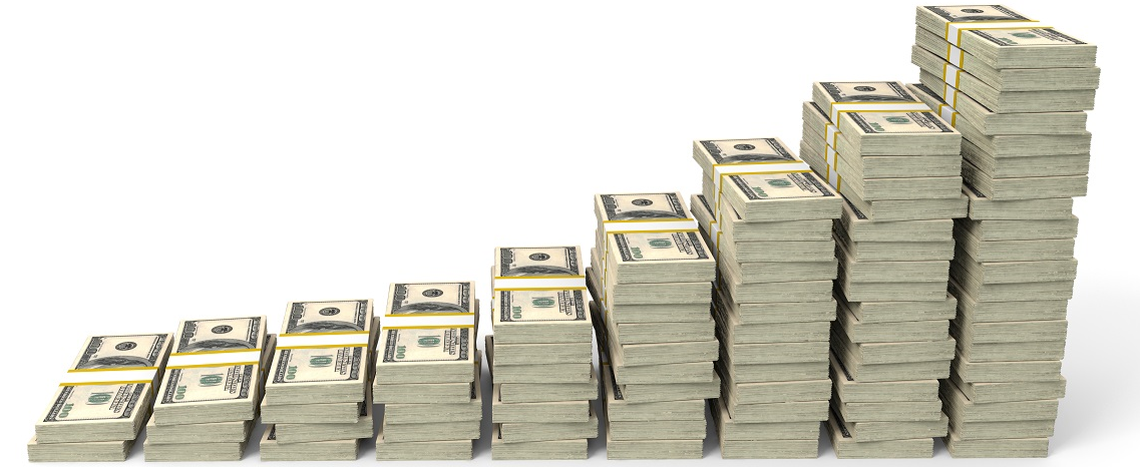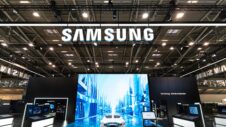Samsung announced a share buyback program worth $9.9 billion last year. It said that the program will be implemented in stages and would be completed in one year, it will be cancelling all shares purchased in the buyback. It has completed three phases and repurchased 5.63 million common and 2.09 million preferred shares all of which have been cancelled. Samsung has now embarked on the fourth and final phase of the share buyback program which will see the company repurchasing and cancelling 990,000 common shares and 230,000 preferred shares.
Buyback programs are just some of the ways public companies can return money to shareholders. The company essentially pays them cash to purchase their equity, it can either keep the repurchased shares as treasury stock which can be reissued in the future or awarded to employees, or the company can choose to retire those shares and they will cease to have any financial value. Samsung is doing the latter.
Earnings Per Share or EPS is one of the most common ways of valuing a profitable company. It's a measure of the company's profit allocated to each outstanding share. One of the ways to increase EPS even when earnings are flat is to reduce the number of outstanding shares and one of the ways to do that is to buyback shares and retire them. When EPS increases investors normally take it as a sign that a stock in undervalued and is ripe for increase. This results in an increase in demand which drives up price and thus the company's outstanding stock becomes more valuable. No wonder Samsung's shares rised sharply when it announced the buyback program last year. Since Samsung will be buying back the shares with excess cash it sends a signal to the market that it doesn't have cash flow problems.
Samsung's stock was struggling last year and the company lost billions in market value but things have improved since then. Just two weeks ago the company's stock price surged to a new record high and investor sentiment remains bullish on the company, but that's not all because of the buyback, Samsung's impressive performance in the previous quarter is also a major contributor. With this $10 billion exercise Samsung is aiming to revive investor confidence in the company and the plan appears to be working for now.
Disclaimer: This is not a call on Samsung stock and should not be taken as one, it is merely a commentary on its buyback program.







